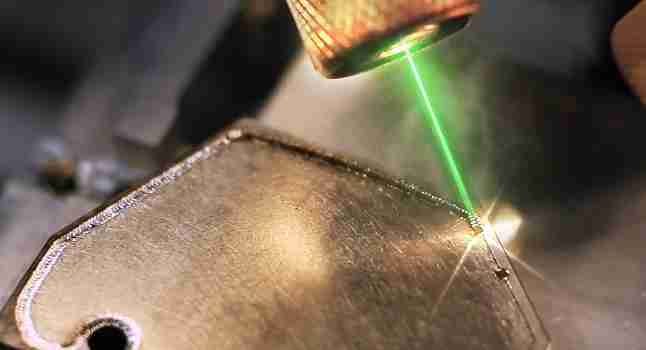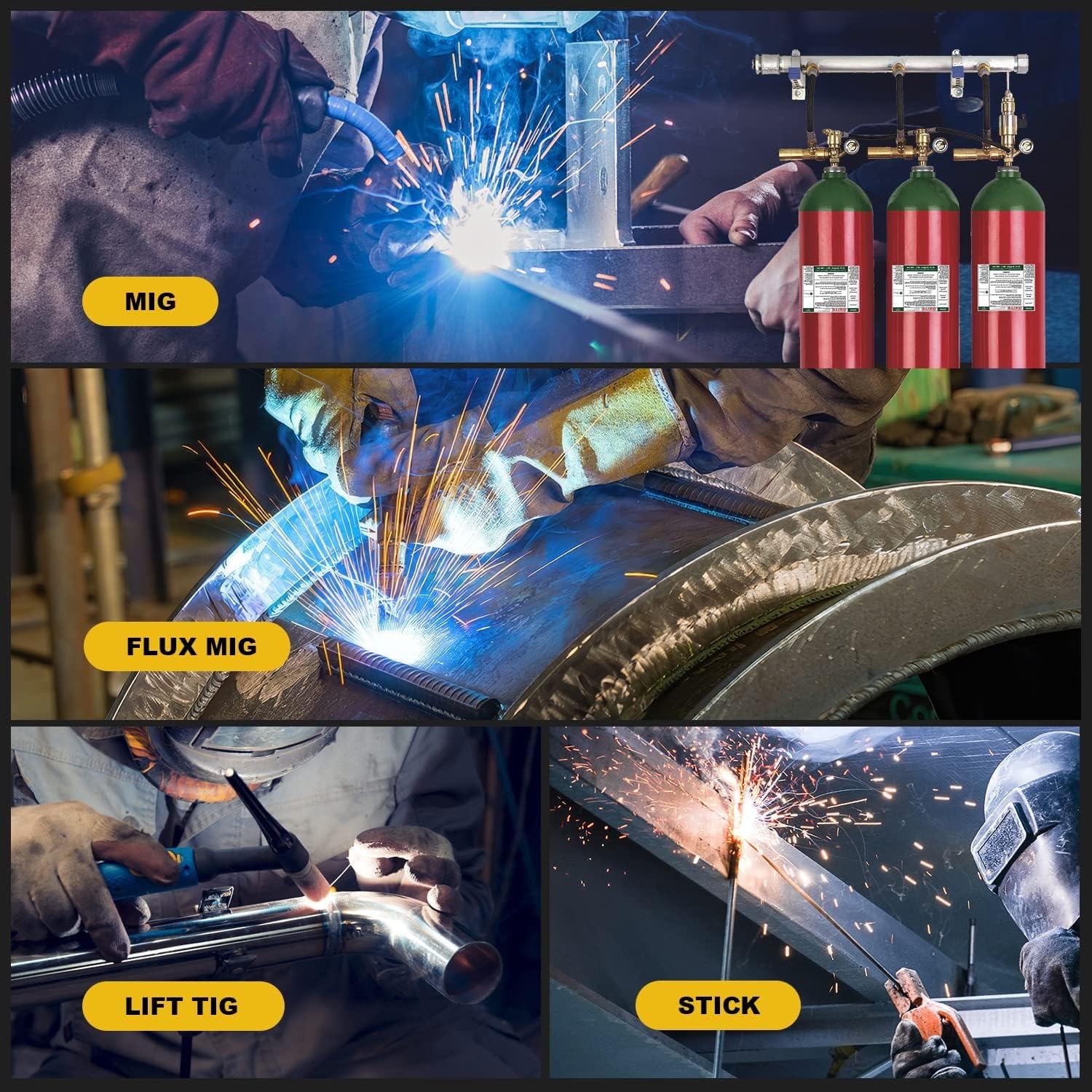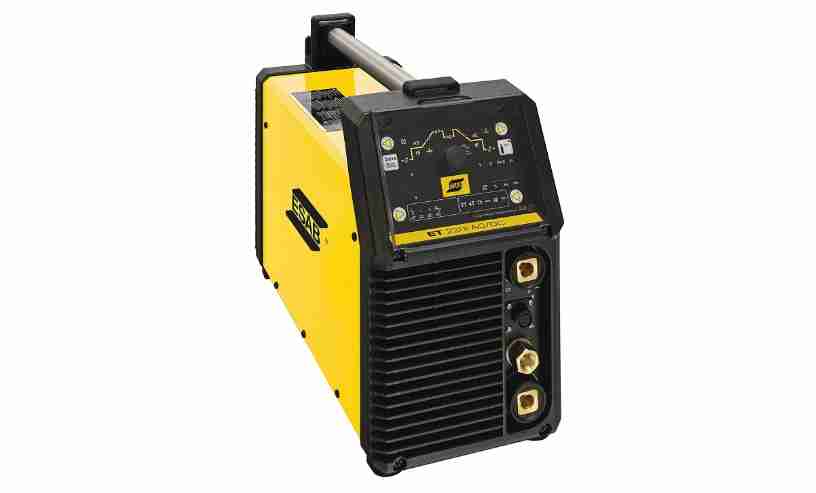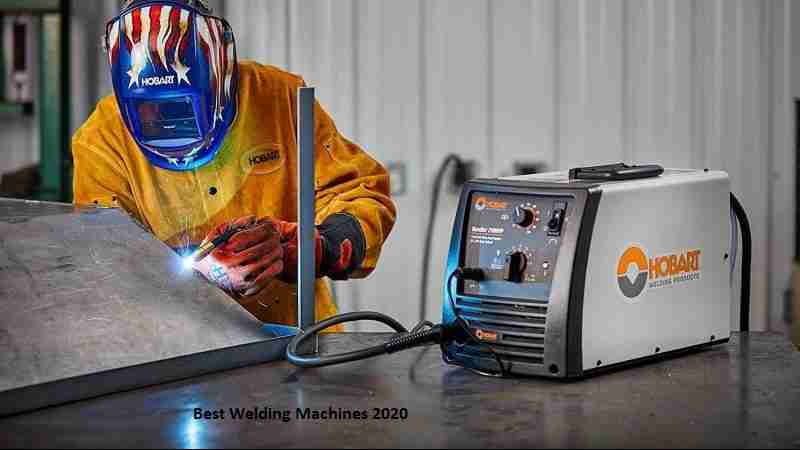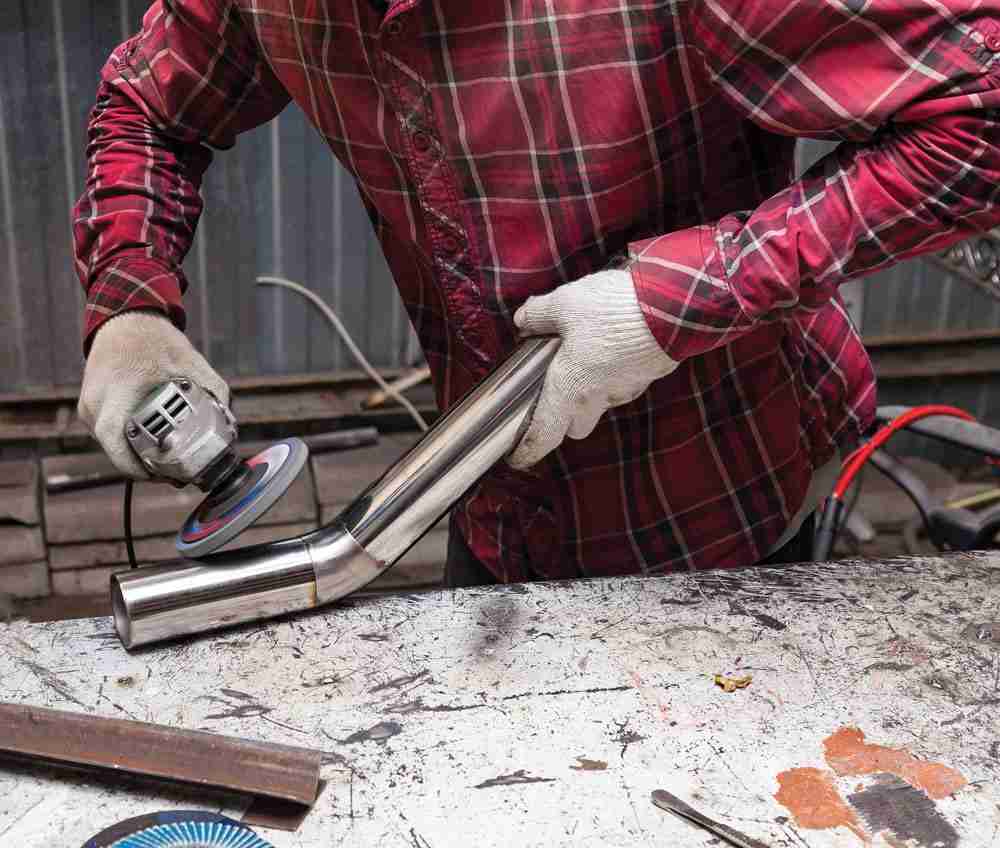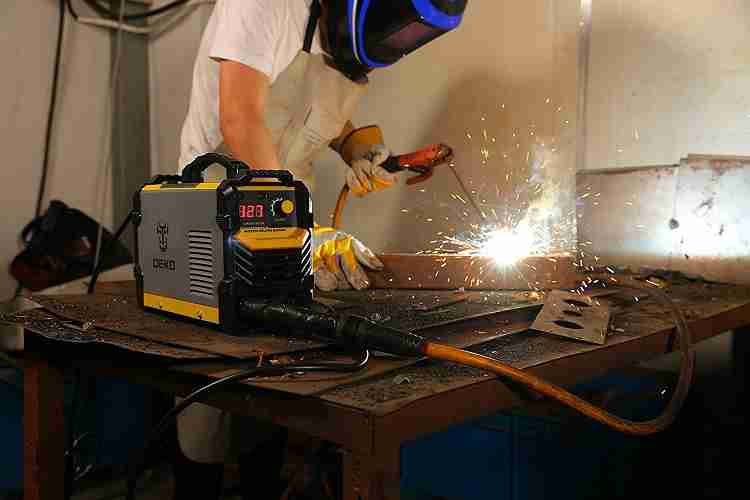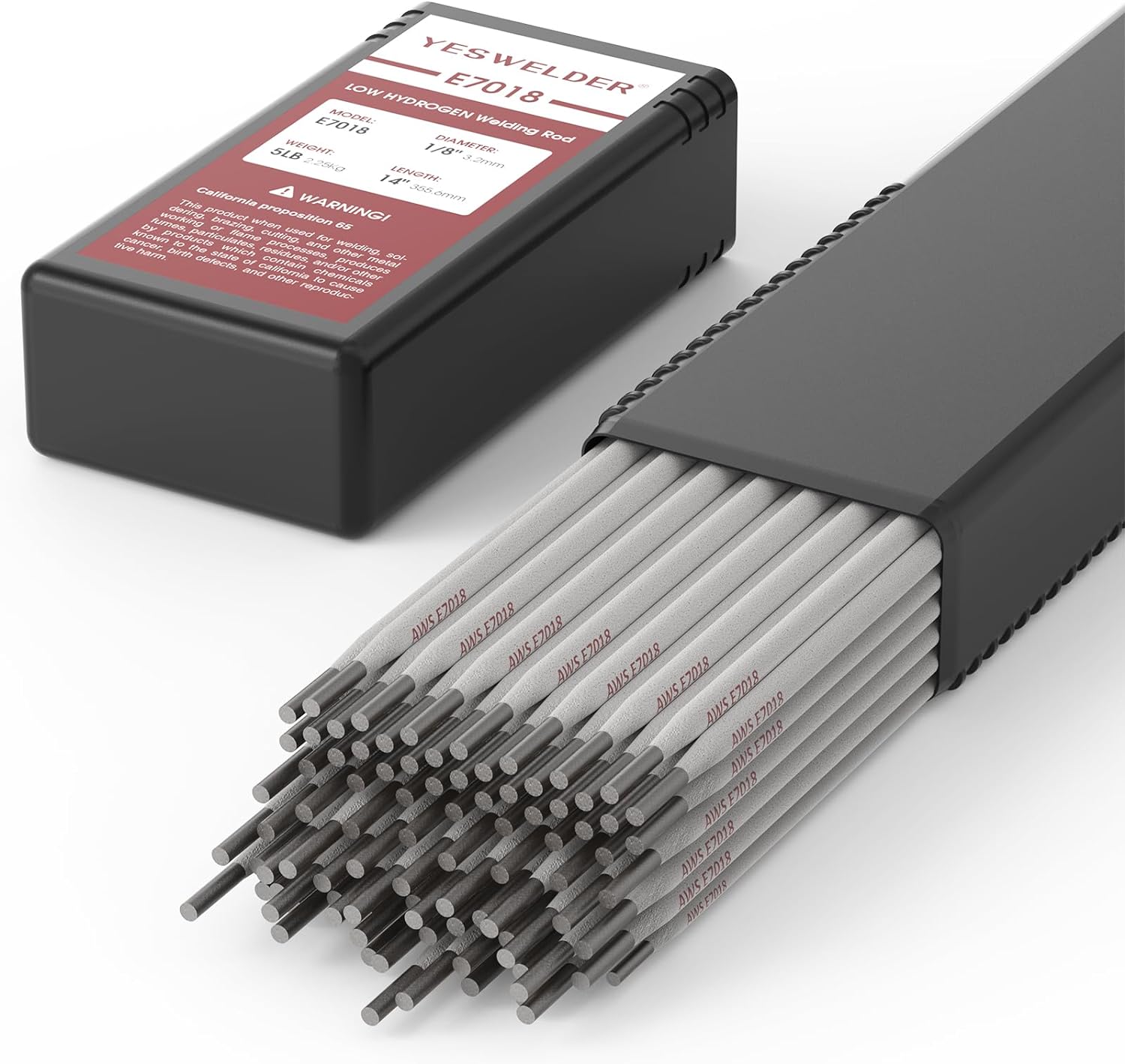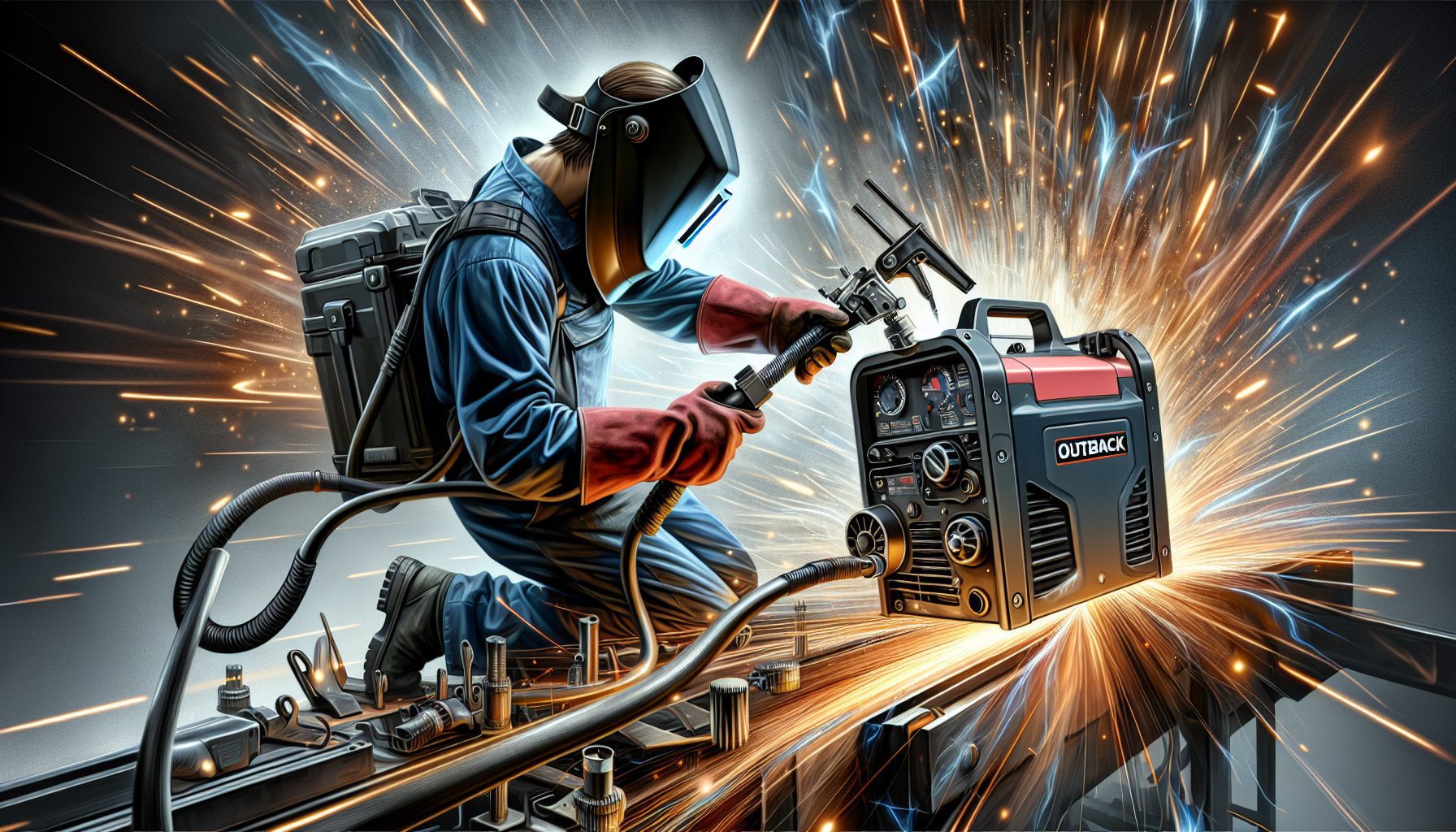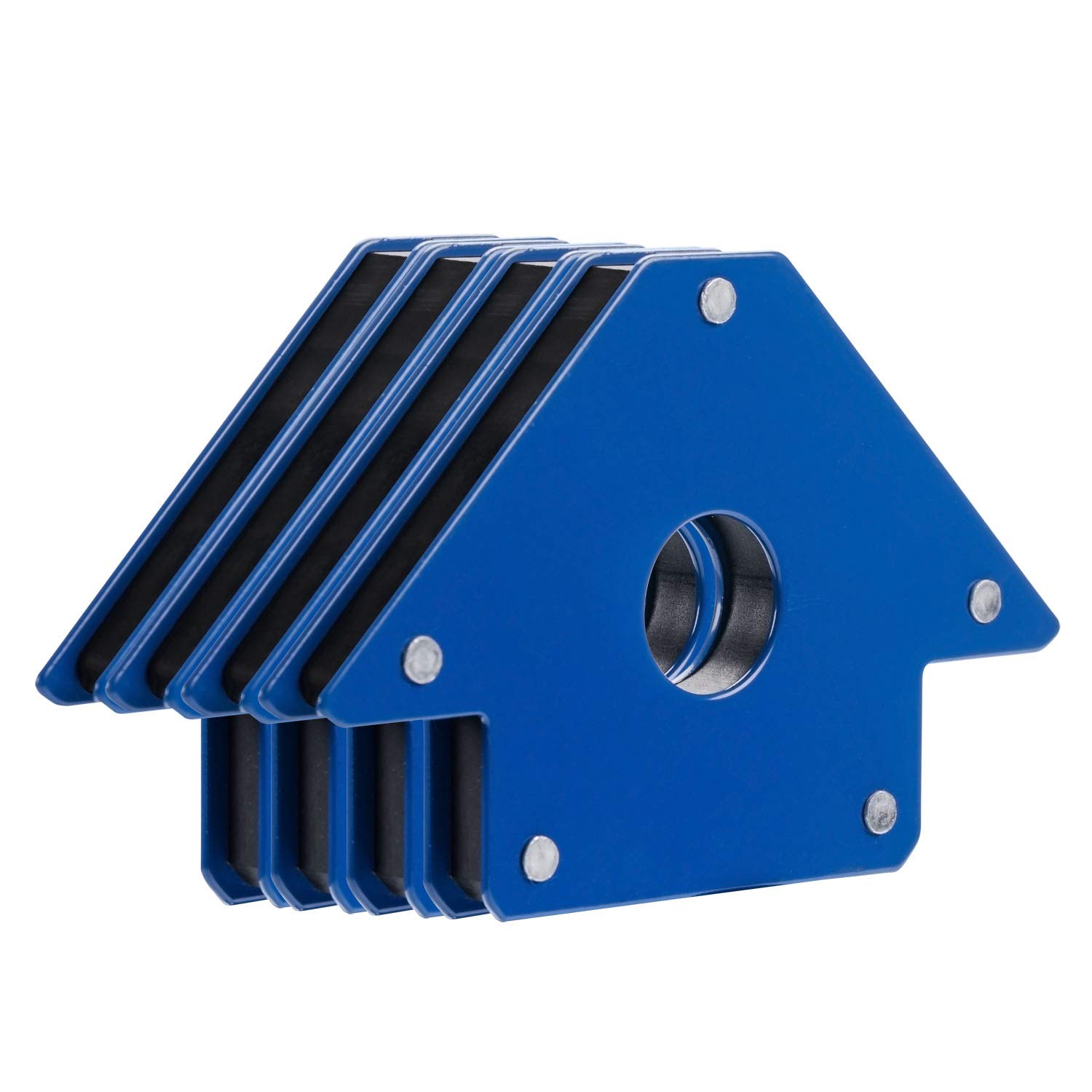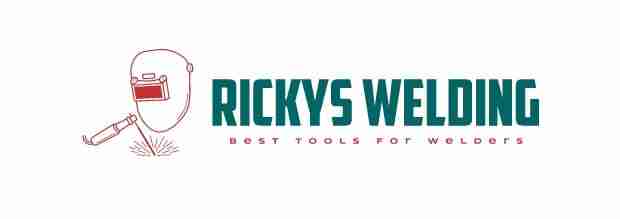So, you’ve found yourself wondering if welding is a good career choice. Well, let’s take a moment to explore the world of welding and uncover the reasons why it may just be the perfect path for you. From the stability and job opportunities to the potential for creativity and growth, welding offers a unique blend of practicality and artistic expression. Whether you have a passion for building and creating or you’re simply looking for a reliable and rewarding career, welding could be the answer you’ve been searching for. Let’s dig deeper into the exciting possibilities that await you in the world of welding.
Job Outlook
Growing Demand for Welders
The job outlook for welders is very promising, with a growing demand for skilled professionals in the field. As industries continue to expand and evolve, there is a constant need for welding expertise. Whether it’s construction, manufacturing, or infrastructure projects, welders play a vital role in joining metal components and ensuring structural integrity. With the increasing complexity of modern manufacturing processes and the need for precision, the demand for highly skilled welders is expected to rise even further.
Career Opportunities
A career in welding offers a wide range of opportunities for individuals with the necessary skills and qualifications. Welders can find employment in various industries, including automotive, aerospace, oil and gas, construction, and shipbuilding. Additionally, welders can work in both indoor and outdoor environments, giving them the flexibility to pursue careers that align with their preferences. The diverse array of industries and settings make welding an appealing choice for those seeking a versatile career path.
Salary Potential
Welding can provide excellent earning potential for those who invest in their skills. As a welder gains experience and expertise, their earning potential increases significantly. Welders who specialize in high-demand areas, such as underwater welding or aerospace welding, can command even higher salaries. Additionally, welders who are willing to travel or work in remote locations often have access to lucrative opportunities. With dedication and continuous skill development, welders can build a financially rewarding career.
Education and Training
Certification and Licensing
To start a career in welding, obtaining the necessary certifications and licenses is essential. These credentials validate one’s skills and ensure that they are capable of meeting industry standards. The most common certification for welders is the Certified Welder (CW) certification, which is offered by organizations such as the American Welding Society (AWS). Additionally, some states require welders to hold specific licenses, which can vary depending on the type of welding being performed. Obtaining the required certifications and licenses demonstrates a commitment to professionalism and can enhance employment prospects.
Trade Schools and Apprenticeships
Trade schools and apprenticeship programs provide valuable education and hands-on training for aspiring welders. These programs offer comprehensive courses that cover welding techniques, safety protocols, and equipment operation. By enrolling in a trade school or apprenticeship, individuals can gain the practical skills and experience necessary to excel in the field. These programs often have connections with industry professionals, providing networking opportunities and potential job placements upon completion.
Continuing Education
Continuing education is crucial in the welding industry, as technologies and techniques are constantly evolving. Staying up to date with the latest advancements can enhance a welder’s skillset and keep them competitive in the job market. Welders can participate in workshops, attend conferences, or take specialized courses to expand their knowledge and expertise. Advancing one’s skillset through continuing education can lead to higher-paying job opportunities and career advancement.
Skills and Qualifications
Technical Skills
Possessing strong technical skills is fundamental in the welding profession. Welders must be proficient in various welding techniques, including TIG (Tungsten Inert Gas), MIG (Metal Inert Gas), and Stick welding. They should also have a solid understanding of metallurgy and be able to read and interpret blueprints and welding symbols. Proficiency in operating welding equipment and tools is essential for producing high-quality welds. By honing their technical skills, welders can ensure the integrity and precision of their work.
Physical Stamina and Strength
Welding is a physically demanding job that requires a significant amount of stamina and strength. Welders often need to work in awkward positions, lift heavy materials, and hold welding equipment for extended periods. Having the physical endurance to withstand long hours of standing and working in challenging environments is crucial for success in this field. Regular exercise and maintaining good overall health can help welders maintain their physical stamina and prevent injuries.
Attention to Detail
Attention to detail is of utmost importance in welding, as even the smallest mistake can compromise the strength and quality of a weld. Welders must have a keen eye for detail, ensuring that their work meets precise specifications and adheres to industry standards. From properly aligning metal components to achieving the appropriate weld penetration, attention to detail is crucial at every stage of the welding process. Meticulousness and a commitment to producing flawless welds are qualities that define a skilled welder.
Job Satisfaction
Hands-On Work
One of the most rewarding aspects of a welding career is the opportunity for hands-on work. Welders get to transform raw materials into structurally sound and functional products through their craftsmanship. They have the satisfaction of seeing tangible results of their hard work and skills. Whether fabricating metal structures or repairing industrial equipment, the ability to work with one’s hands can provide a deep sense of accomplishment and fulfillment.
Creative Outlet
Welding allows for creativity and self-expression. While adhering to specific guidelines and project requirements, welders have the freedom to bring their artistic flair into their work. From intricate designs to artistic welding patterns, welders can leave their signature mark on the metal they work with. This creative outlet not only adds a sense of personal fulfillment to the job but also allows welders to showcase their unique skills and talents.
Collaborative Environment
Welding often involves collaboration with other skilled professionals, such as engineers, architects, and fabricators. Working as part of a team fosters a sense of camaraderie and shared goals. Additionally, the exchange of ideas and expertise promotes continual learning and professional growth. The collaborative nature of welding creates a supportive and inclusive work environment where individuals can thrive and contribute to collective success.
Job Security
Essential Role in Various Industries
Welding plays an essential role in numerous industries, making it a relatively secure career choice. From construction to manufacturing to energy production, welders are needed to ensure the structural integrity and safety of metal components. As long as these industries continue to exist and evolve, the demand for skilled welders will persist. By staying informed about industry trends and diversifying their skills, welders can enhance their job security and future-proof their careers.
Automation Resistance
Unlike some industries that are highly susceptible to automation, welding remains a field that requires a human touch. While certain aspects of welding can be automated, such as repetitive tasks or assembly line welding, the precision and decision-making required for complex welding projects still rely on human expertise. The ability to adapt to different scenarios, troubleshoot problems, and make critical decisions gives welders an advantage over automation. This resistance to automation ensures that welders continue to be in demand, offering job security and stability.
Challenges and Risks
Health Hazards
Welding involves exposure to various health hazards, primarily related to fumes and radiation. Harmful fumes can be produced from the materials being welded, leading to respiratory conditions and long-term health issues if proper safety measures are not taken. Additionally, exposure to welding arcs and UV radiation can cause eye injuries, skin burns, and even damage to internal organs. Adhering to safety protocols, using personal protective equipment, and working in well-ventilated areas are essential for mitigating these risks.
Physical Demands
The physical demands of welding can take a toll on the body. Long hours of standing, repetitive motions, and lifting heavy materials can lead to musculoskeletal injuries, such as back pain or joint problems. Welders need to prioritize their physical health and take regular breaks to reduce the risk of injuries. Maintaining proper body mechanics, using ergonomic tools, and practicing good posture can help alleviate the physical strain associated with welding.
Work Conditions
Welders often work in challenging conditions, including extreme temperatures, confined spaces, or elevated heights. The nature of the job requires adaptability and resilience to overcome these work conditions. Additionally, working on construction sites or in industrial facilities can expose welders to noise, dust, and other environmental pollutants. Despite these challenges, many welders find job satisfaction in overcoming obstacles and taking pride in their ability to perform well under different circumstances.
Advancement Opportunities
Specialization and Certification
Specializing in specific welding techniques or industries can significantly enhance career advancement opportunities. By becoming an expert in a particular welding discipline, such as robotic welding or pipe welding, welders can position themselves as sought-after professionals. Obtaining advanced certifications, such as the Certified Welding Inspector (CWI) certification, can also open doors to supervisory roles and higher-paying positions. Continuously upgrading skills and pursuing advanced certifications demonstrates a commitment to professional growth and can lead to increased responsibilities and advancement.
Supervisory and Management Roles
For welders aspiring to take on leadership positions, there are opportunities to transition into supervisory or management roles. With experience and demonstrated leadership skills, welders can progress into roles such as welding foreman, production manager, or even operations manager. These roles involve overseeing teams of welders, coordinating projects, and ensuring adherence to quality standards. Transitioning into managerial positions not only offers career advancement but also broadens one’s skill set and provides valuable leadership experience.
Entrepreneurship
Welders with an entrepreneurial spirit can explore business ownership and self-employment opportunities. Starting a welding business allows individuals to have control over their work and potentially earn a higher income. As an entrepreneur, welders can take on a wide range of projects, from small-scale repairs to large-scale fabrications. Building a reputation for delivering high-quality work and providing excellent customer service is crucial for success in the welding business. While entrepreneurship brings its own set of challenges, it can be a rewarding path for those seeking autonomy and flexibility in their careers.
Work-Life Balance
Flexible Schedules
Welding offers flexibility in terms of work schedules, allowing individuals to find a work-life balance that suits their needs. Depending on the industry and type of projects, welders often have the opportunity to choose different schedules, such as morning shifts, evening shifts, or even part-time work. This flexibility can be particularly beneficial for individuals with family responsibilities or other personal commitments. Welders can adjust their schedules to accommodate their priorities, enabling them to effectively balance work and personal life.
Opportunities for Remote Work
Some welding jobs provide opportunities for remote work, which can further enhance work-life balance. With advancements in technology and portable welding equipment, remote welding projects are becoming increasingly common. These projects may involve traveling to different locations or working remotely from a home-based workshop. Remote work options allow welders to have more control over their time and eliminate the need for daily commuting. However, it’s important to note that remote work may also come with its own challenges, such as loneliness or limited access to resources.
Seasonal Demands
Certain industries, such as construction or agriculture, exhibit seasonal demands for welding services. During peak seasons, welders may experience higher workloads and longer hours, while off-peak seasons may provide more downtime. Seasonal work patterns can be an advantage for welders who prefer a more predictable work schedule or those who enjoy the flexibility of taking breaks between busy periods. Managing finances and planning for periods of reduced work can help welders navigate the seasonal nature of the industry and maintain work-life balance.
Diversity in Welding
Gender and Ethnic Diversity in the Field
While historically male-dominated, the welding industry is becoming more diverse with increased gender and ethnic representation. Efforts to promote inclusivity and provide equal opportunities have led to a growing number of women and individuals from diverse backgrounds pursuing welding careers. This diversity brings new perspectives, experiences, and skills, contributing to a richer and more inclusive industry. Embracing diversity in welding fosters innovation and drives collaboration, making it a more welcoming and dynamic field.
Changing Perceptions and Barrier Breaking
Perceptions about welding as a profession are changing, breaking down traditional stereotypes and promoting inclusivity. It is no longer viewed solely as a “man’s job” or a dirty and low-skilled occupation. With the growing emphasis on technical skills and the need for highly skilled welders, the industry is attracting individuals from all walks of life. By challenging stereotypes and celebrating the achievements of diverse welders, the industry is working towards creating a more inclusive and welcoming environment for all.
Supportive Communities
Communities and organizations dedicated to promoting diversity and inclusivity within the welding industry provide valuable support and resources. These communities offer mentorship programs, scholarships, networking opportunities, and advocacy initiatives. They strive to create a sense of belonging and support for underrepresented groups in the field. By joining these communities, welders can connect with like-minded individuals, access educational resources, and find guidance and encouragement throughout their welding careers.
Conclusion
Choosing a career in welding offers numerous benefits and opportunities for individuals seeking a fulfilling and stable profession. With a growing demand for welders, career prospects are plentiful. By obtaining the necessary education, certifications, and skills, individuals can position themselves for success in this field. From the satisfaction of hands-on work and the creative outlet it provides to the collaborative environment and job security, welding offers a range of advantages. While there are challenges and risks inherent in the profession, with proper precautions and safety measures, these can be effectively managed. With a commitment to continuous learning, diversification of skills, and embracing opportunities for advancement, welders can build rewarding and prosperous careers in this dynamic field.









